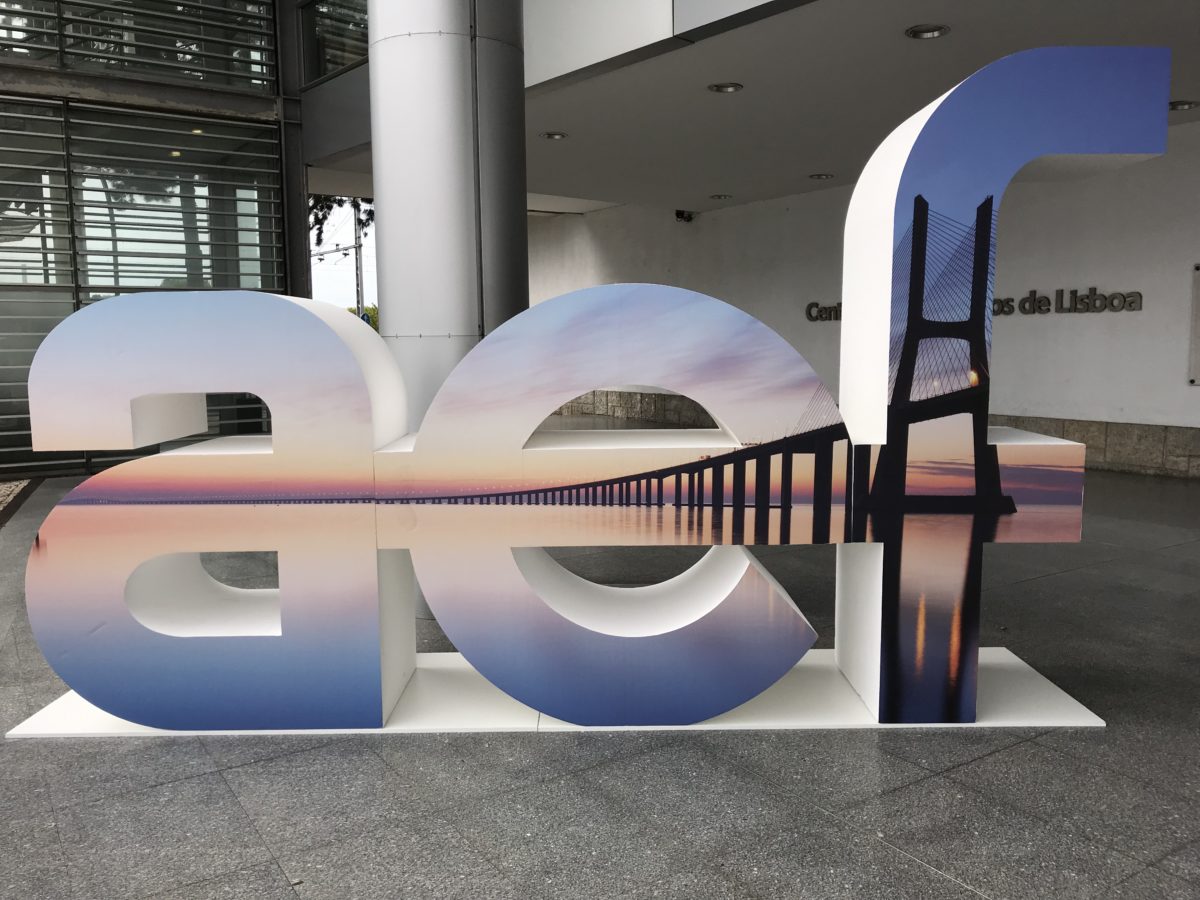This year’s Africa Energy Forum (AEF) considered the plethora of issues concerning power across the continent. Finance is always a burning issue, as is regulatory reform, but even solving those thorny problems will not ensure a smooth path for African renewables. African utilities need reform to achieve and sustain long term power investment. Moreover, one solution doesn’t fit all in such an extensive, exuberant and varied market.
pv magazine identified five key themes that emerged at this year’s gathering.
1: Solar is competitive
The most positive message to emerge was that investors, technology and the renewable energy ecosystem have come a long way to be able to build cost competitive projects across Africa.
A figure that was widely cited in presentations as indicative of progress was power for $0.09/kWh, lower than the cost of building new fossil fuel plants.
That message was accompanied, however, by the suggestion it is not costs that hinder solar projects in Africa, but indecisiveness and the irresolution of policymakers who fail to streamline projects and work collaboratively with much needed international institutions to bring projects to financial close.
2: Low demand is often a problem
A common complaint expressed at the forum was that demand for electricity remains low in many African regions, threatening the viability of new projects.
Stakeholders argued, though, this is a ‘chicken and egg’ situation, with delegates pointing out new power, delivered reliably to consumers, will change the behavior of energy users, triggering new activity and driving power demand.
3: Bankruptcy is common
AEF delegates often referred to African utilities as “insolvent”. Anton Eberhard, of the Graduate School of Business at the University of Cape Town, said, for example, South African state-owned utility Eskom was “effectively insolvent”.
Popular content
Financially unsustainable utilities present a major hurdle to attracting power investment. Utilities often increase retail electricity tariffs to make them reflect costs but increasing tariffs is one thing, financing the resulting payments another. There have been examples of tariff hikes which merely increased the strain on utilities by scaring off investors worried about what to do in the event of offtaker bankruptcy.
4: Mini-grids remain uneconomic
Andrew Herscowitz, coordinator of Power Africa, a U.S. initiative established by former president Barack Obama to widen access to electricity on the continent, told the forum mini and micro-grids are not commercially viable at present and expressed doubt about their effectiveness at lifting African people out of poverty and supporting industrialization.
And Herscowitz was not the only skeptic, with many African state representatives arguing they are still trying to find methodologies to define the right electricity tariff to accompany mini-grids. Other delegates said the business models behind mini-grids needed improvement to make them commercially viable.
A positive step in that direction has been made by nations such as Ethiopia which are trying to define a methodology to measure mini-grid retail tariffs and engage with developers.
5: Innovation is key
Whether on or off the grid, power solutions must be innovative and tied to the needs of customers, argued the majority of AEF delegates.
The innovation message was often coupled with a yearning for projects to facilitate knowledge transfer from foreign companies to African stakeholders, to empower local communities.
Innovation would enhance the efficiency of projects and close collaboration with communities would ensure Africans engage with renewables projects and safeguard their implementation and operations. For that reason, all the firms that spoke at the AEF claimed they use African staff and tap local knowledge.
This content is protected by copyright and may not be reused. If you want to cooperate with us and would like to reuse some of our content, please contact: editors@pv-magazine.com.


I disagree with Mr. Herskowitz, coordinator of Power Africa when he says that mini and micro-grids are not commercially viable at present. We have to think outside the box.
If you are in the situation or in a country where mothers and children have to walk to a dirty and very bad “drinking water” sink 14 kms distance, and no electrical supply will be available the next years you will not ask for the economic reasons not to install the easiest solar-driven submersible pump in a deep well fur s u r v i v a l. You should try to safe water in your own exclusive life – and try to avoid to drink for 3 days! You might not write comments like you did bevore thinking about!!!
Best regard Juergen